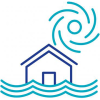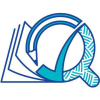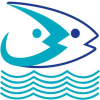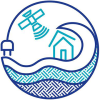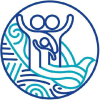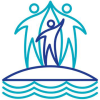Key recommendations
Actions that you can take to support learners, their performance, and Pacific education systems.
The Tokelau Department of Education (DoE) is encouraged to investigate the decline in student reading performance at the year four level. PILNA data show that fewer than half the year four students performed at or above the minimum proficiency level for reading. One policy suggestion is for all schools to have a programme where all students drop everything and read. The ministry should also make every effort to strengthen the supply of books to schools.
The DoE is encouraged to investigate and narrow the gap in achievement between boys and girls in numeracy, reading, and writing. PILNA has consistently found that girls outperform boys in all the domains. This gender disparity in achievement is a matter of concern as the pattern has been the same for the last four cycles of PILNA.
The DoE is strongly encouraged to identify and share any specific factors that led to incremental improvements observed in PILNA in the last four cycles, so other ministries can benefit from their experiences.
The DoE is encouraged to provide supplementary training for teachers in the development and use of classroom-based informal and formative assessment. Teachers are to identify specific needs of students, tailor instructions to meet these needs and monitor the effectiveness of the instruction to optimise student learning.
The DoE is encouraged to undertake further exploration of the PILNA 2021 cognitive and contextual data sets, along with other relevant data sets, to better understand the challenges facing students and teachers in Tokelau. The findings can be used to target support and intervention in the Tokelau education system, with the goal of strengthening numeracy, reading, and writing instruction and, consequently, student learning outcomes.
Teachers are encouraged to support year four and year six students in the numeracy concepts of place value, fractions, measurements, and problem-solving. The PILNA data highlighted the areas where students struggle and intervention strategies should be in place to continue to support these students.
